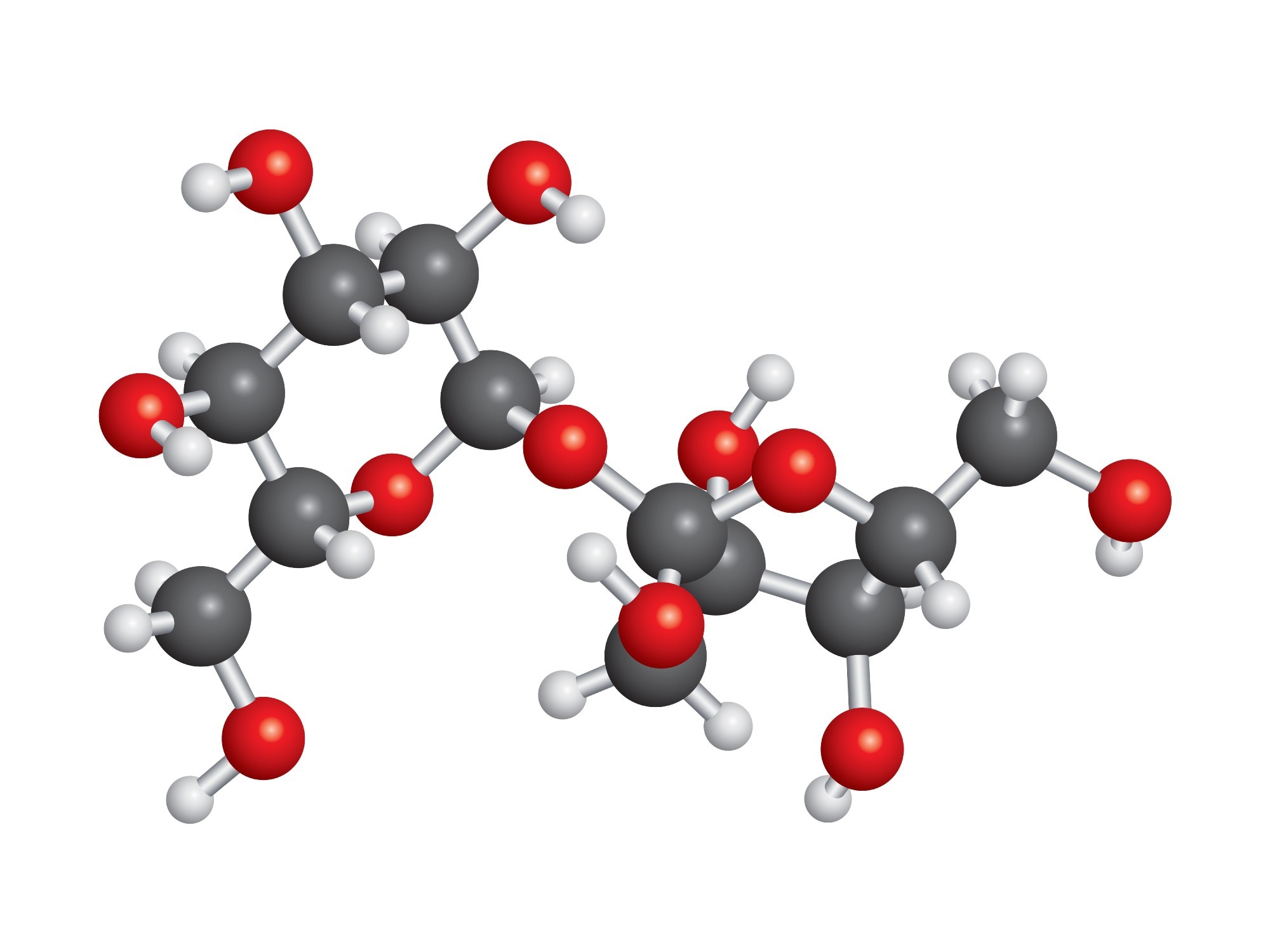Lasting Polymers: Eco-Friendly Solutions for the Future
Lasting Polymers: Eco-Friendly Solutions for the Future
Blog Article
Discovering the Varied Applications and Benefits of Polymers in Different Industries
Polymers, with their diverse array of properties and functionalities, have actually come to be crucial in different markets, each reaping one-of-a-kind benefits from their application. From improving safety and security and efficiency in the vehicle sector to revolutionizing medical devices in the health care sector, polymers play a pivotal role.
Automotive Field Applications
Polymers play a pivotal function in enhancing the efficiency and longevity of numerous parts within the auto market. These functional materials are extensively utilized in the manufacturing of different parts, varying from interior components to under-the-hood applications. One noticeable usage of polymers in the automotive industry is in the manufacturing of light-weight components. By replacing traditional steel get rid of polymer-based choices, cars can attain enhanced gas efficiency without compromising on toughness or safety.

Health Care Sector Advantages
In various healthcare applications, the benefits of utilizing polymers are extensively acknowledged for their varied series of beneficial properties. Polymers play an essential role in the healthcare sector as a result of their adaptability, biocompatibility, and cost-effectiveness. Among the main advantages of polymers in healthcare is their ability to be customized to particular demands, such as flexibility, durability, and biodegradability, making them optimal for a wide variety of medical applications.
Polymer-based materials are thoroughly made use of in clinical tools, such as catheters, implants, prosthetics, and medicine delivery systems, as a result of their biocompatibility and ability to imitate all-natural cells. These products can minimize the threat of allergies or rejections, enhancing individual security and results. Additionally, polymers are light-weight, making them suitable for wearable medical devices and ensuring patient comfort.
In addition, polymers allow the advancement of ingenious treatment techniques, such as hydrogels for tissue engineering and nanocomposites for targeted medicine distribution. Their ease of processing and sterilization makes them essential for maintaining high requirements of hygiene in healthcare settings. On the whole, the diverse benefits of polymers add substantially to advancements in clinical modern technology and client treatment.
Ecological Benefits of Polymers

Moreover, polymers can add to energy savings because of their light-weight nature. In industries such as transportation, lightweight polymer products can help in reducing fuel consumption and greenhouse gas exhausts. Furthermore, polymers can make it possible for the development of energy-efficient products such as insulation products that improve energy conservation in buildings.
Furthermore, polymers play a critical duty in reducing water pollution. The usage of polymer-based purification systems can properly get rid of pollutants and contaminants from wastewater, protecting water resources and ecosystems. Overall, the environmental benefits of polymers make them valuable possessions in advertising sustainability and environment-friendly practices across various industries.
Polymers in Electronics and Modern Technology
Thinking about the raising need for cutting-edge and lasting solutions in modern sectors, the assimilation of innovative polymer modern technologies in the world of electronic devices and modern technology has actually arised as a crucial approach for driving performance and performance. Polymers have actually reinvented the electronic devices market by making it possible for the manufacturing of lighter, much more flexible, and resilient digital devices. From smartphones to clinical gadgets, polymers play an important function in enhancing product layout and performance.
One significant benefit of polymers in electronic devices is their protecting homes, which help shield delicate digital parts from ecological factors and electric interference. In addition, polymers are crucial in the advancement of adaptable screens, wearable technology, and published electronics, supplying unlimited opportunities for creating wise and interconnected tools.
Moreover, using polymers in digital product packaging has led to developments in miniaturization useful site and thermal administration, enhancing the click to investigate total efficiency and integrity of electronic systems. As technology remains to progress, the adaptability and flexibility of polymers will undoubtedly drive further development in the electronic devices market, forming the future of technology.
Duty of Polymers in Construction and Infrastructure
Polymers provide numerous benefits in the construction industry due to their flexibility, resilience, and cost-effectiveness. One vital function of polymers in construction is their use in finishes and sealers, supplying protection versus ecological elements such as moisture, UV radiation, and deterioration.
Furthermore, polymers play a vital duty in lasting building techniques by allowing the development of energy-efficient frameworks. Shielding products made from polymers help regulate indoor temperature levels, reducing the requirement for heating and cooling systems and eventually lowering power intake. Furthermore, using polymer-based composites in framework jobs such as bridges and roadways boosts their durability and lowers upkeep prices. On the whole, the consolidation of polymers in building and construction and framework displays their significant influence on modern design methods.
Conclusion
To conclude, polymers play an important role in various markets such as automobile, medical care, ecological, electronics, and building. Their versatile buildings make them valuable in creating ingenious services and products. From enhancing gas effectiveness in lorries to improving clinical tools, polymers offer various benefits. Furthermore, their influence on lowering waste and promoting sustainability highlights their relevance in modern-day applications. The widespread use of polymers shows their substantial payment to progressing innovation and boosting high quality of life.
Report this page